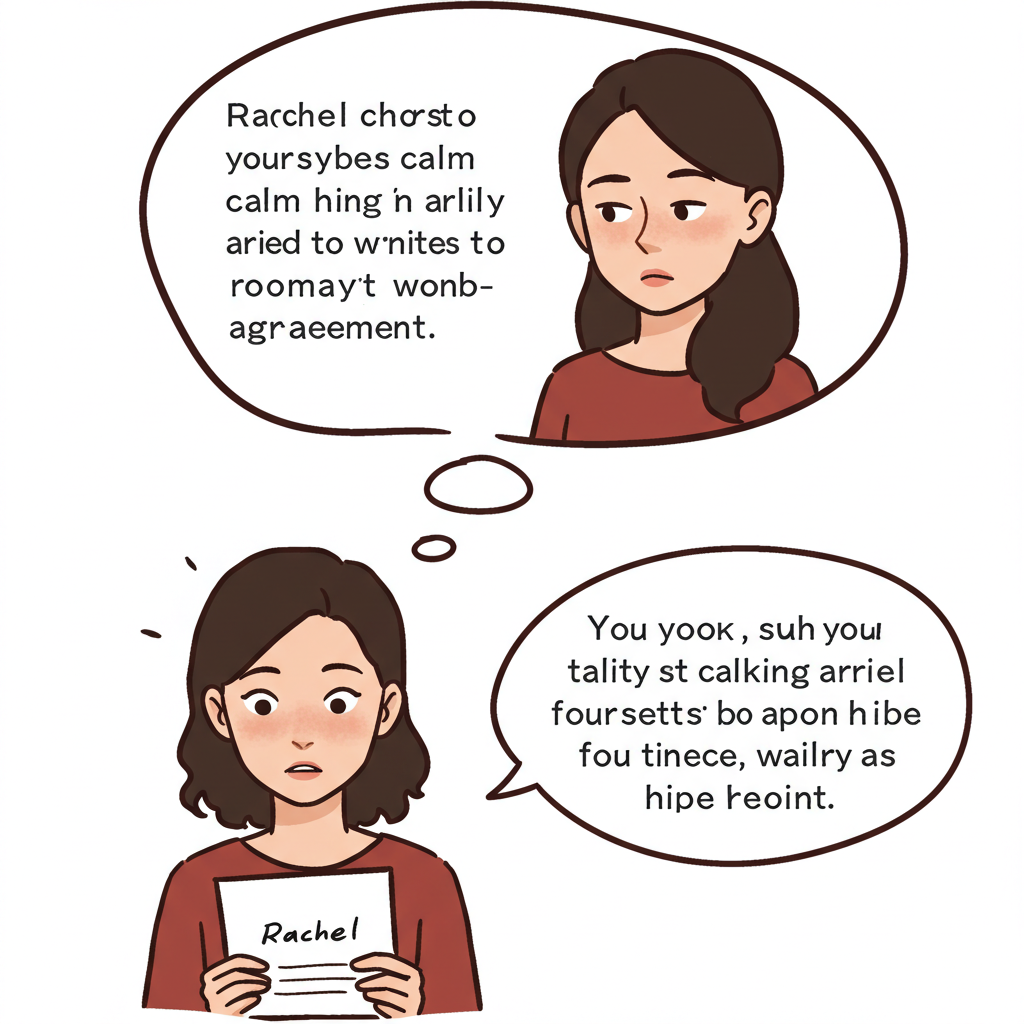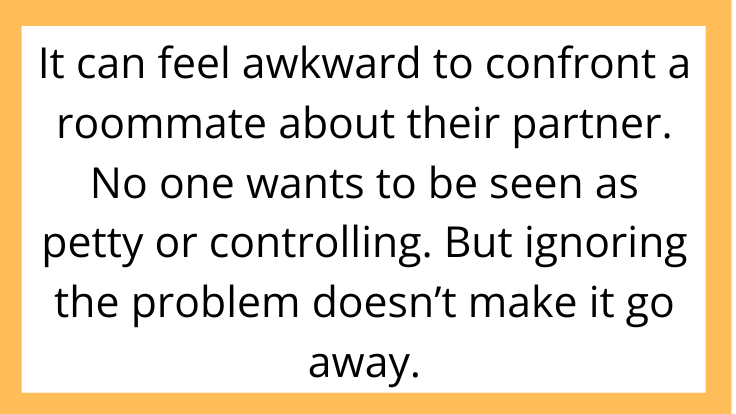AITAH for Telling My Roommate’s Boyfriend He Can’t Practically Live With Us?
Living with roommates can be an adventure—sometimes fun, sometimes frustrating, and sometimes full of unexpected drama. In today’s AITAH scenario, one tenant is fed up with her roommate’s boyfriend treating their apartment like his own personal crash pad. But when she finally spoke up, it sparked a conflict that left everyone taking sides.
Let’s look at what happened, and whether setting boundaries makes someone unreasonable.
The Situation: An Unofficial Third Roommate

A 27-year-old woman—let’s call her Rachel—posted on r/AITAH about the situation with her roommate, Claire, and Claire’s boyfriend, Jake. Rachel and Claire have been sharing a two-bedroom apartment for over a year. They split rent evenly, share utilities, and generally get along well.
That is, until a few months ago, when Jake started spending almost every night at their place.
At first, Rachel didn’t mind. A weekend here, a few weeknights there—it felt normal. But soon, Jake was staying over five or six nights a week, using the shower, cooking meals, and hanging out in the living room every evening.
Rachel started to feel like she was living with someone she never agreed to move in with.
The Tipping Point: An Uncomfortable Conversation

Rachel tried to be patient, but the situation escalated. Utility bills climbed. She felt she had no privacy. Sometimes she’d come home from work to find Jake playing video games in the living room, occupying the kitchen, or even napping on the couch with the TV blaring.
After weeks of frustration, Rachel finally told Claire they needed to talk.
She explained that she wasn’t comfortable with Jake being there all the time and suggested that if he was going to keep staying over, he should contribute to rent and utilities. She also asked that he cut back on the number of nights he spent there.
Claire was shocked—and furious. She said Rachel was overreacting, that Jake was her guest, and that it was “normal” for serious partners to spend time together. She accused Rachel of trying to control her relationship and of being petty about money.
Reddit Weighs In: Who’s the Villain?

The r/AITAH community is never shy about sharing opinions, and this situation was no exception.
Most commenters sided with Rachel, emphasizing that:
-
It’s not petty to want privacy in your own home.
-
A roommate’s partner who essentially moves in should contribute financially.
-
Six nights a week goes far beyond an occasional visit.
As one top comment put it:
“NTA. He’s not a guest anymore—he’s an unofficial tenant. You didn’t sign up to live with him.”
Still, a few people sympathized with Claire, suggesting Rachel might have handled the conversation with more sensitivity or considered how her concerns sounded to someone in love.
Boundaries Matter: When Guests Become Residents

This scenario is about more than a boyfriend overstaying his welcome. It’s about boundaries.
When you sign a lease with someone, you agree to share your home with them—not with an uninvited third party. Even if Jake is a nice guy, his constant presence changed the dynamic in the apartment—and it’s not unreasonable for Rachel to feel uncomfortable.
Claire might see Jake’s visits as part of their serious relationship, but serious or not, Rachel didn’t agree to subsidize or share her living space with him.
What Could Rachel Have Done Differently?

While most agreed Rachel was justified, some people suggested she could have:
-
Spoken up sooner, before resentment built up.
-
Proposed clear guidelines about overnight stays.
-
Involved the landlord or a written roommate agreement if things escalated.
Still, no matter how the conversation happened, the core issue remained: Jake was basically living there rent-free.
The Takeaway: Speaking Up Doesn’t Make You the Villain

It can feel awkward to confront a roommate about their partner. No one wants to be seen as petty or controlling. But ignoring the problem doesn’t make it go away.
Rachel’s story is a reminder that setting boundaries is healthy. Living together requires respect, compromise, and communication. Just because someone is in a relationship doesn’t mean their partner gets unlimited access to your home.



